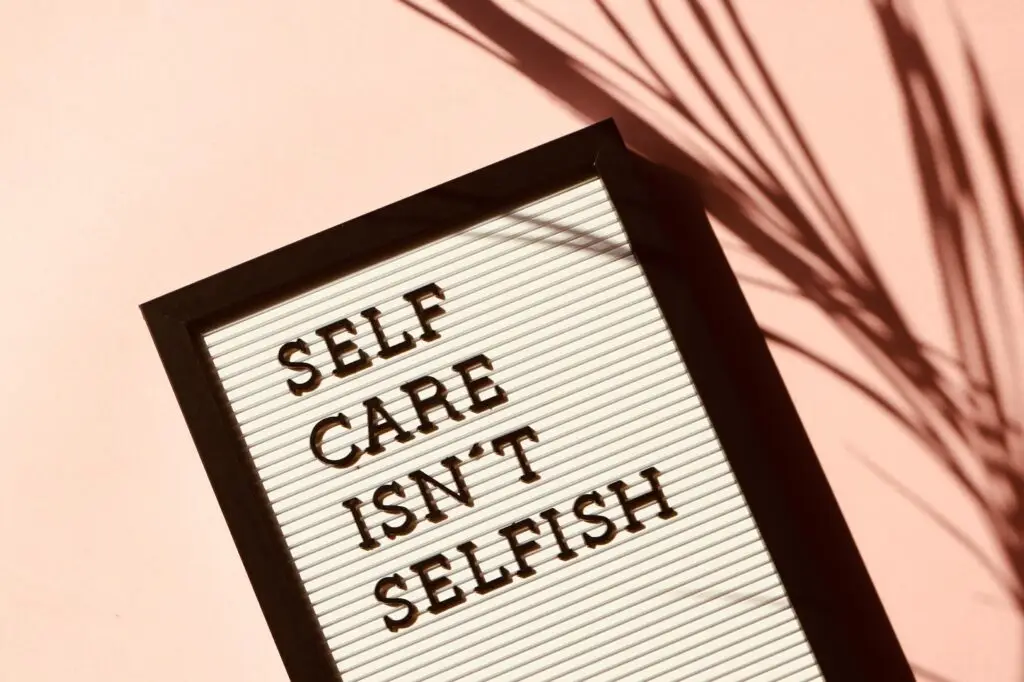The World Health Organization (WHO) denotes that being mentally healthy means being in a state of well-being that can allow one to comprehend his or her potential, manage usual life stresses, work prolifically, and make contributions to society (Davies, Knuiman, and Rosenberg, 2015).
Being mentally healthy begins with being compassionately self-aware and accepting one’s self and others for who they are and not what one desires them to be. When one becomes benevolently self-aware of the primary mental needs and comprehends who they are, they can overcome the mental challenges they face in life. Overcoming mental challenges implies achieving a state of mental stability and hence, mental health. Other factors also contribute to being mentally healthy.
Sleep and mental health are closely associated. Sleep deprivation affects one’s mental state as well as mental health. Freeman et al. (2017) argue that inadequate sleep may amplify the risk of developing particular mental problems such as schizophrenia. As such, adequate sleep can allow one to be mentally healthy.
In addition to sleep, exercise, and eating appropriately can make one mentally healthy. Specifically, regular exercise can help in lessening one’s stress, along with symptoms of mental health issues, including anxiety and depression. Moreover, eating well is associated with feelings of well-being.
Furthermore, keeping good relationships can provide valuable social support, which is essential for being mentally healthy. Therefore, maintaining a good relationship with family and friends is crucial in preventing the occurrence of mental health problems such as anxiety and depression.
Maintaining a stable mood is also vital for mental health. While phone calls along with social networks are essential in connecting with individuals, nothing beats the stress-busting, mood-boosting potential of quality face-to-face with other individuals.
Adequate sleep, exercise and eating appropriately, keeping relationships, and maintaining a good mood are essential in achieving excellent mental health.
Reference
Davies, C., Knuiman, M., & Rosenberg, M. (2015). The art of being mentally healthy: a study to quantify the relationship between recreational arts engagement and mental wellbeing in the general population. BMC Public Health, 16(1), 15.
Freeman, D., Sheaves, B., Goodwin, G. M., Yu, L. M., Nickless, A., Harrison, P. J., … & Hinds, C. (2017). The effects of improving sleep on mental health (OASIS): a randomized controlled trial with mediation analysis. The Lancet Psychiatry, 4(10), 749-758.

